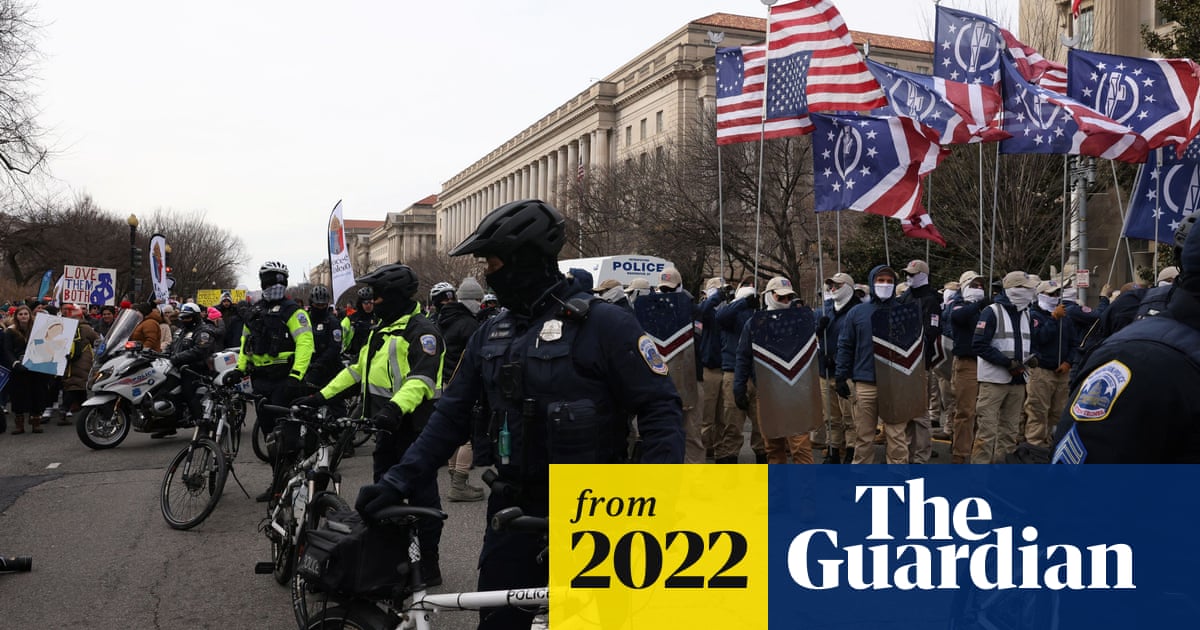If so, what does that mean and what were the fruits of that victory?
If not, what actually did happen? Has democracy "spread"? Is there more stability or less?
My answer to the first question is no. We did not "win" anything. The fruits were rotting on the branch and vine. The collapse of the USSR and the elimination of the Iron Curtain is not the same as "winning".
What actually happened was a shift in alignments and relations. Some nations rose and some fell. The U.S. is not more secure. Democracy did not spread like we believed it would. The 'Stans are corrupt and autocratic. Other countries assumed to be democratic like Turkey and Hungary and, to a degree, Poland, have shifted with the rise of RW authoritarian politicians/movements.
On a side note the concept of a fast strike, small force military has become discredited much like the concept of military from WW2. In-and-out with minimal casualties and a so-called "purpose" and "exit strategy" is a chimera. War changes. We have not changed.
If not, what actually did happen? Has democracy "spread"? Is there more stability or less?
My answer to the first question is no. We did not "win" anything. The fruits were rotting on the branch and vine. The collapse of the USSR and the elimination of the Iron Curtain is not the same as "winning".
What actually happened was a shift in alignments and relations. Some nations rose and some fell. The U.S. is not more secure. Democracy did not spread like we believed it would. The 'Stans are corrupt and autocratic. Other countries assumed to be democratic like Turkey and Hungary and, to a degree, Poland, have shifted with the rise of RW authoritarian politicians/movements.
On a side note the concept of a fast strike, small force military has become discredited much like the concept of military from WW2. In-and-out with minimal casualties and a so-called "purpose" and "exit strategy" is a chimera. War changes. We have not changed.

